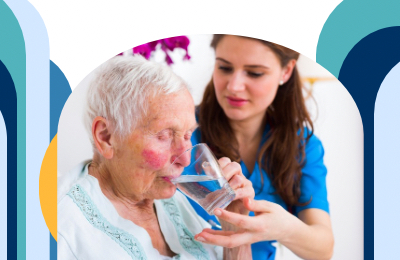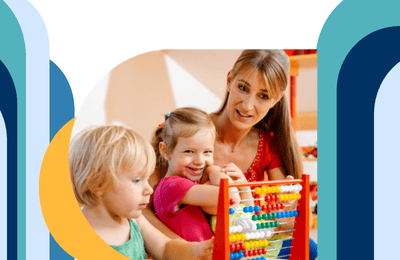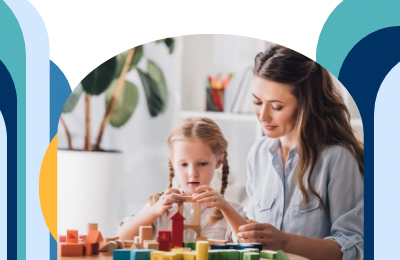Get HIQA Compliant with Forus Training
Recent HIQA inspection reports of Designated residential Centres have consistently identified significant non-compliance in areas concerning residents’ safety. Failures in safeguarding protocols have been identified, including inadequate responses to incidents and insufficient measures to protect residents from harm .
Recent HIQA inspection reports continue to highlight one persistent issue across many residential services:
non-compliance in Safeguarding and Protection.
Failures in safeguarding protocols—including inadequate incident response and insufficient protective measures—can place residents at serious risk and impact a service’s regulatory standing.
At Forus we believe that compliance begins with competence. Our QQI Level 5 Positive Behaviour Support – Challenging Behaviour 5N1706-course is designed to empower staff with the tools they need to:
- Proactively prevent safeguarding incidents
- De-escalate challenging situations with empathy and skill
- Support residents in a rights-based, person-centred way
- Create a safer, more supportive care environment
PBS training not only reduces safeguarding risks—it enhances quality of life for residents and staff alike.
Get ahead of compliance concerns. Equip your team with evidence-based strategies that directly address the root causes of safeguarding failures identified by HIQA.
Course Content:
Positive Behaviour Support (PBS) – Challenging Behaviour 5N1706- FORUS Training
- Helps prevent abusive practices by promoting respectful and empathetic interactions.
- Includes de-escalation techniques, rights-based care, and dignity preservation.
- Includes Incident Management and Reporting Procedures
In short, this course helps prevent safeguarding issues by teaching respectful, preventative, rights based and person-centred ways to understand and respond to behaviour, supporting both individual well-being and professional accountability.
1. Promotes Understanding of Behaviour as Communication
- Learners are taught to see challenging behaviour as a form of communication rather than a problem. This reduces the risk of misinterpreting behaviours as defiance or intentional disruption, preventing inappropriate or punitive responses.
2. Encourages Person-Centred, Respectful Support
- The course emphasises dignity, respect, and inclusion.This helps ensure individuals are treated ethically and their rights are upheld – key components of safeguarding.
3. Reduces Risk of Harm
- By teaching proactive, preventative strategies (like the ABC model), learners are less likely to use reactive or harmful interventions. Learners will understand how to manage aggression, self-injury, or inappropriate behaviour safely and constructively.
4. Empowers Staff and Caregivers to Create Safe Capable Environments
- Focus on creating capable environments (e.g., structured routines, sensory supports) prevents environmental triggers that could escalate into safeguarding concerns. Safe, predictable settings reduce stress and the potential for behavioural crises.
5. Builds Awareness of Internal and External Risk Factors
- Learners explore how health, communication barriers, trauma, and environmental stressors can lead to behaviour that, if misunderstood, could lead to restraint, exclusion, or abuse. This knowledge enables early intervention and support, not punishment.
6. Emphasises Collaboration and Documentation
- Using tools like ABC charts and support plans ensures behaviour is monitored objectively and managed with accountability. Encourages collaboration with families and multidisciplinary teams, reducing the risk of neglect or poor communication that could lead to safeguarding breaches.
7. Advocates for the Least Restrictive Practice
- Promotes teaching new skills and increasing independence instead—key to protecting individual freedom and rights. Avoids the use of punishment and restraint wherever possible.




















